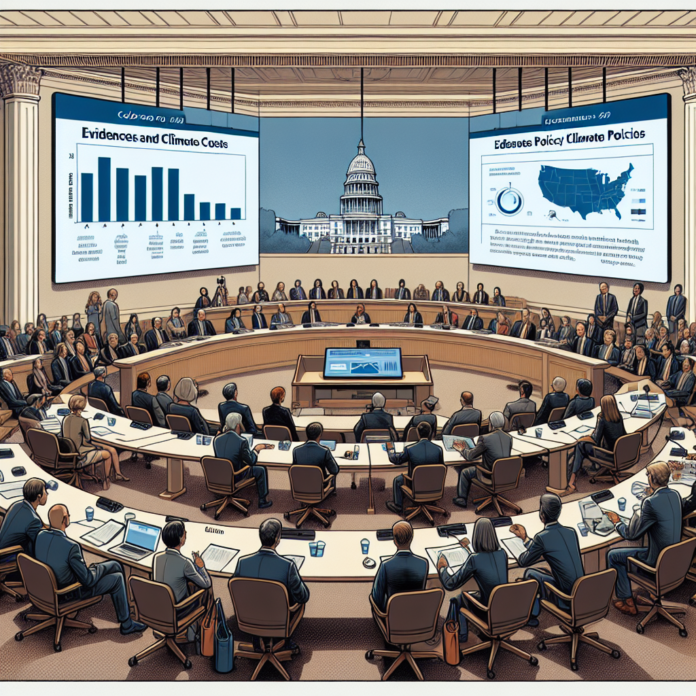Colorado Climate Policy Under Scrutiny After SMART Act Hearing
“`html
SMART Act Hearing Calls Into Question Expensive Climate Policies in Colorado
A recent hearing on the SMART (Strategic Management of Agriculture Resources and Technology) Act has raised significant concerns about the financial implications of Colorado’s current climate policies. Legislators, stakeholders, and experts gathered to discuss the effectiveness and sustainability of these initiatives, which aim to combat climate change while balancing economic growth.
Overview of Current Climate Policies
Colorado has implemented a range of climate initiatives aimed at reducing greenhouse gas emissions and promoting renewable energy. These policies include ambitious targets for reducing emissions, increasing the use of electric vehicles, and investing in renewable energy sources like solar and wind power. However, the costs associated with these initiatives have come under scrutiny, especially in light of the recent hearing.
Financial Implications of Climate Initiatives
During the SMART Act hearing, several lawmakers expressed concerns that the financial burden of these climate policies may outweigh their benefits. Critics argue that the costs associated with implementing and maintaining these programs could lead to increased utility bills for residents and businesses, potentially stunting economic growth. Testimonies from various stakeholders highlighted the need for a more balanced approach that considers both environmental goals and economic realities.
Stakeholder Perspectives
Environmental advocates argue that aggressive climate policies are essential for protecting the state’s natural resources and public health. They emphasize that the long-term benefits, such as improved air quality and reduced health care costs, justify the upfront investments. Conversely, business leaders and some economists caution that without careful planning and consideration of the economic impact, these policies could undermine the competitive landscape for Colorado businesses.
Looking Toward the Future
As the debate continues, there is a growing call for transparency and accountability in how climate policies are implemented and financed. Lawmakers are urged to conduct comprehensive cost-benefit analyses to ensure that the state’s approach to climate change is sustainable and equitable for all residents. Additionally, exploring innovative financing mechanisms and partnerships could help mitigate costs while achieving environmental goals.
Conclusion
The SMART Act hearing has sparked an important dialogue about the future of Colorado’s climate policies. As the state navigates the complexities of environmental responsibility and economic viability, it is crucial for policymakers to engage with a wide range of stakeholders to devise strategies that are both effective in combating climate change and considerate of the economic implications for Colorado residents and businesses.
“`
